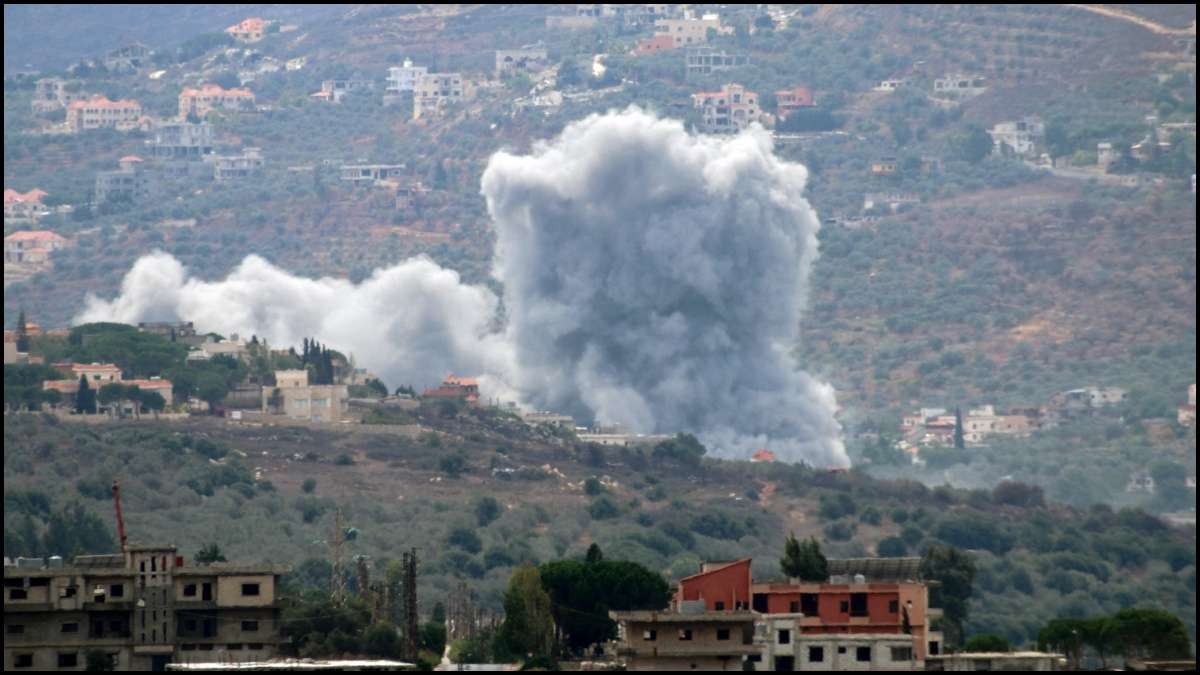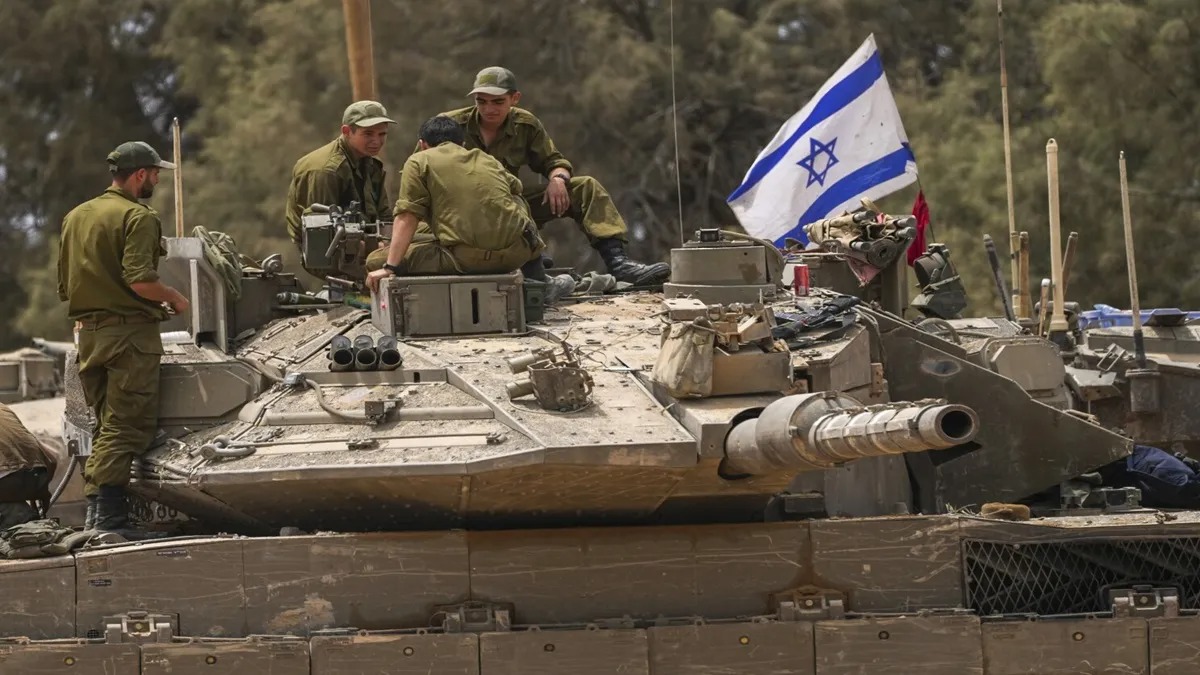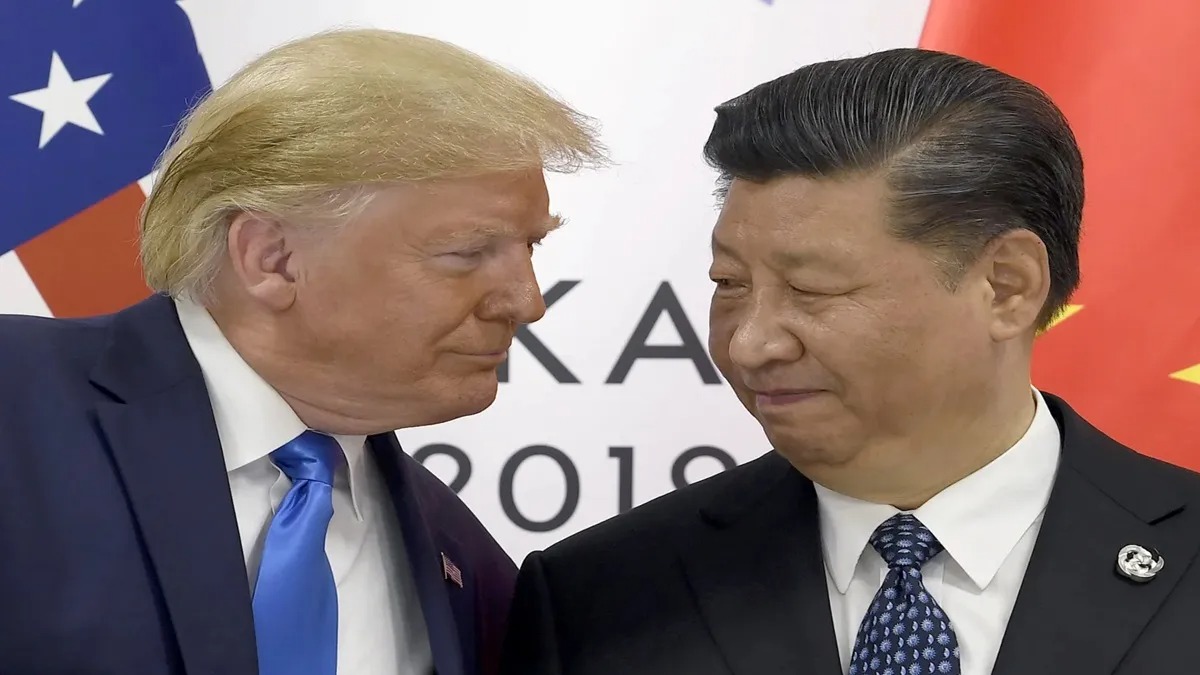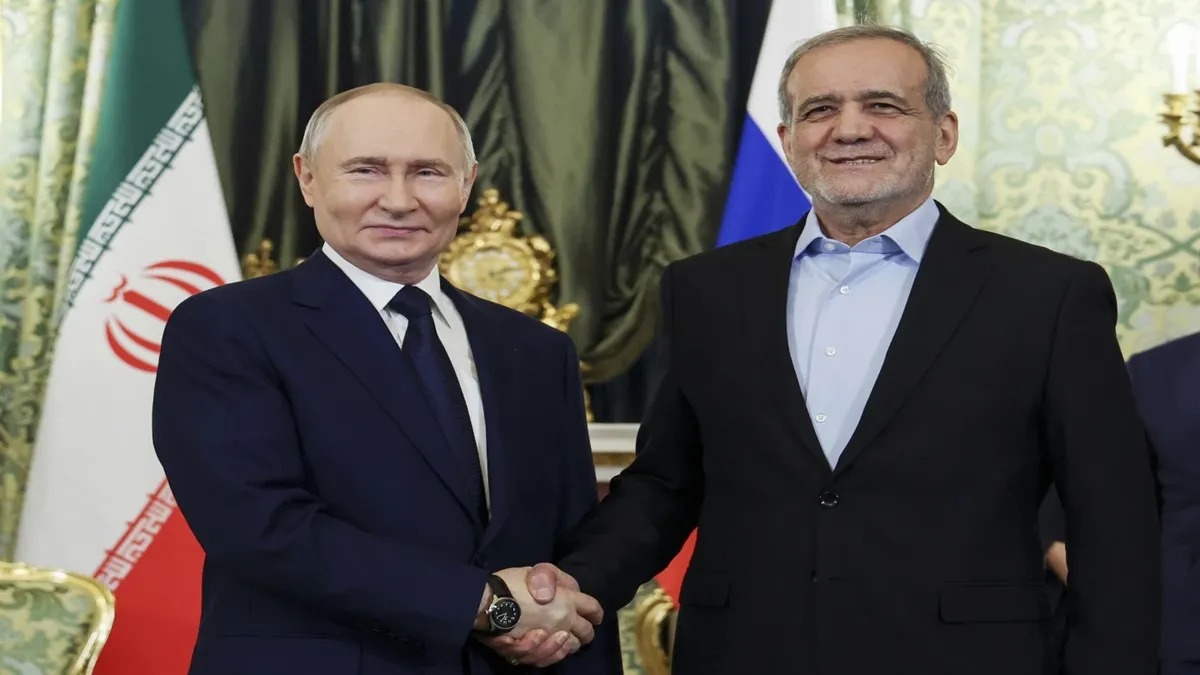
International: Israel and Hezbollah traded fire again at the Lebanese-Israeli border on Friday, a day after Israel unleashed their most intense strikes on southern Lebanon in nearly a year of war, as an imminent all-out between both dies has sparked concern globally and led to calls for restraint. UN peacekeepers in Lebanon have urged an immediate de-escalation as the situation continues to deteriorate.
Hezbollah pounded northern Israel with 140 rockets on Friday, a day after the militant group's leader Hassan Nasrallah vowed to retaliate against Israel for a mass bombing attack. Israel's military said the rockets came in three waves targeting sites along the ravaged border with Lebanon.
Israel's military said on Thursday it had struck hundreds of Hezbollah rocket launchers that had been set to fire towards Israel, in what security sources in Lebanon said was the heaviest such attack since hostilities began last October. This followed an unprecedented attack on the armed Lebanese militant group in which pagers and walkie-talkies used by its members exploded, killing 37 people and wounding thousands.
The UNIFIL peacekeeping force in south Lebanon said on Friday morning that the previous 12 hours had seen "a heavy intensification of the hostilities" across the Lebanese-Israeli border and in its area of operations. "We are concerned at the increased escalation across the Blue Line and urge all actors to immediately de-escalate", UNIFIL spokesperson Andrea Tenenti told Reuters, referring to the line that delineates the border between Lebanon and Israel.
Hezbollah issues warning, Israel strikes
Israeli airstrikes on Friday hit at least three villages in south Lebanon, according to security sources in Lebanon and Hezbollah's al-Manar television. On the other hand, Hezbollah said its fighters had fired a guided missile at Israeli troops in Metula, an Israeli town on the border targeted frequently by the Lebanese group over the last year.
Israeli radio reported that residents of several towns in northern Israel were instructed by the military's Homefront Command to stay close to their shelters. The military had earlier lifted orders restricting movement and large gatherings that it had issued on Thursday night for a number of communities in the north and the Golan Heights.
Israel's Thursday strikes on Lebanon came after Hezbollah admitted to suffering an unprecedented "security and military" blow that "crossed all lines". "The enemy went beyond all controls, laws and morals," said Hezbollah leader Hassan Nasrallah, adding the attacks "could be considered war crimes or a declaration or war, they could be called anything and they deserve to be called anything. Of course that was the intention of the enemy."
Security sources in Lebanon said four people were wounded in Israel's intensive bombardment on Thursday. It was not immediately clear if they were Hezbollah members. The United States on Thursday warned all parties in the Middle East against escalation, saying Washington's priority is to find a diplomatic solution.
'Hezbollah was pay an increasing price': Israel
Israel will keep up military action against Lebanese Hezbollah, though the new phase of fighting does include significant risks, Defence Minister Yoav Gallant said on Thursday. "Our goal is to ensure the safe return of Israel's northern communities to their homes. As time goes by, Hezbollah will pay an increasing price," Gallant said, after two Israeli soldiers were killed in the latest Hezbollah strikes across the Lebanon border.
Israel's Mossad agency is believed to have detonated thousands of pager devices on Tuesday, followed by an attack on hand-held radios (walkie-talkies) that killed more than 30 people, delivering a crippling blow to Hezbollah's communication systems. The attacks may just be a tipping point for a wider war between Israel and Hezbollah, throwing the Middle East into a sea of chaos.
The batteries of the walkie-talkies were laced with a highly explosive compound known as PETN, a Lebanese source familiar with the device's components told Reuters. The way the explosive material was integrated into the battery pack made it extremely difficult to detect, the source said.
--Advertisement--

 Desk
Desk Share
Share






